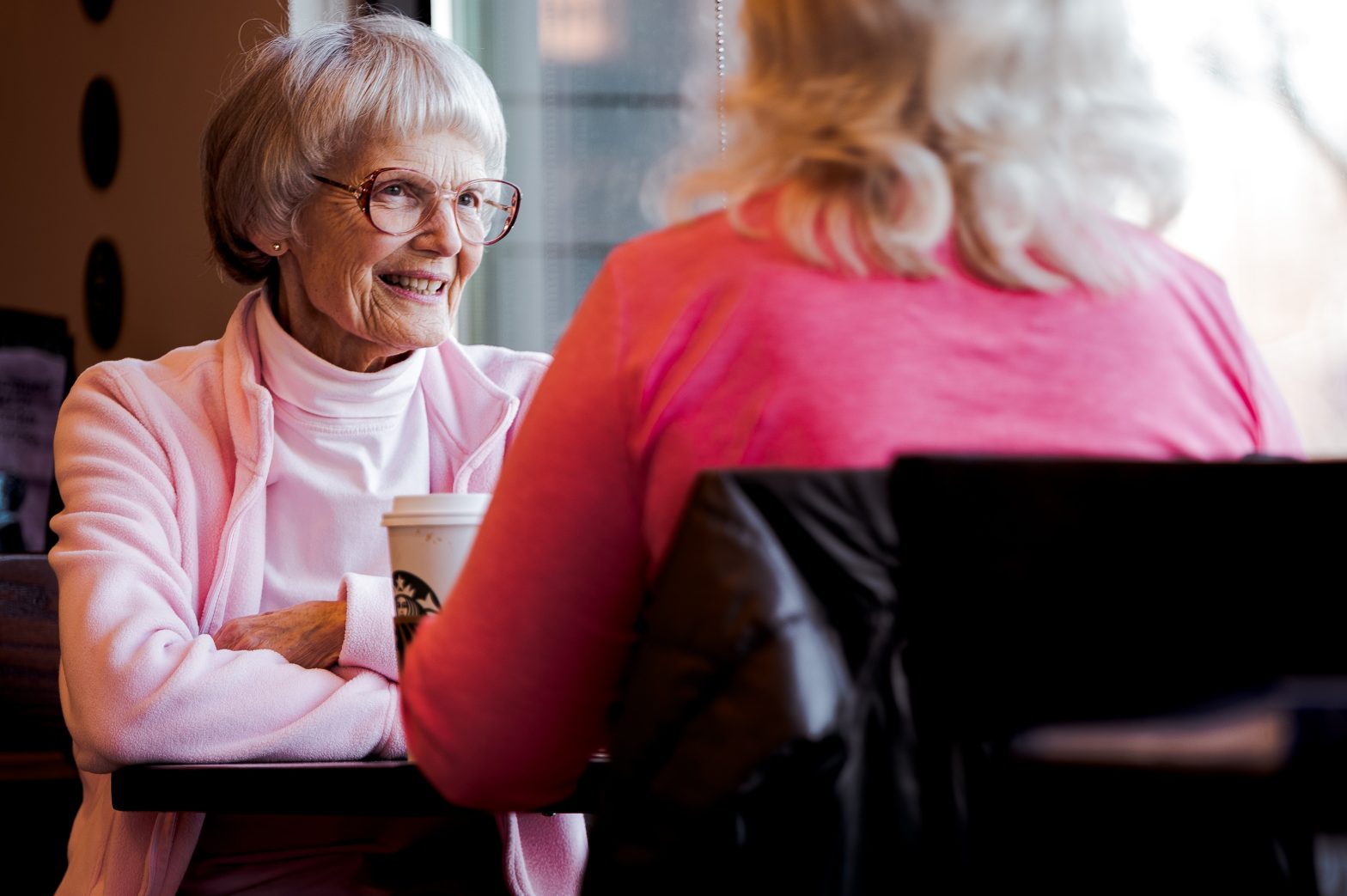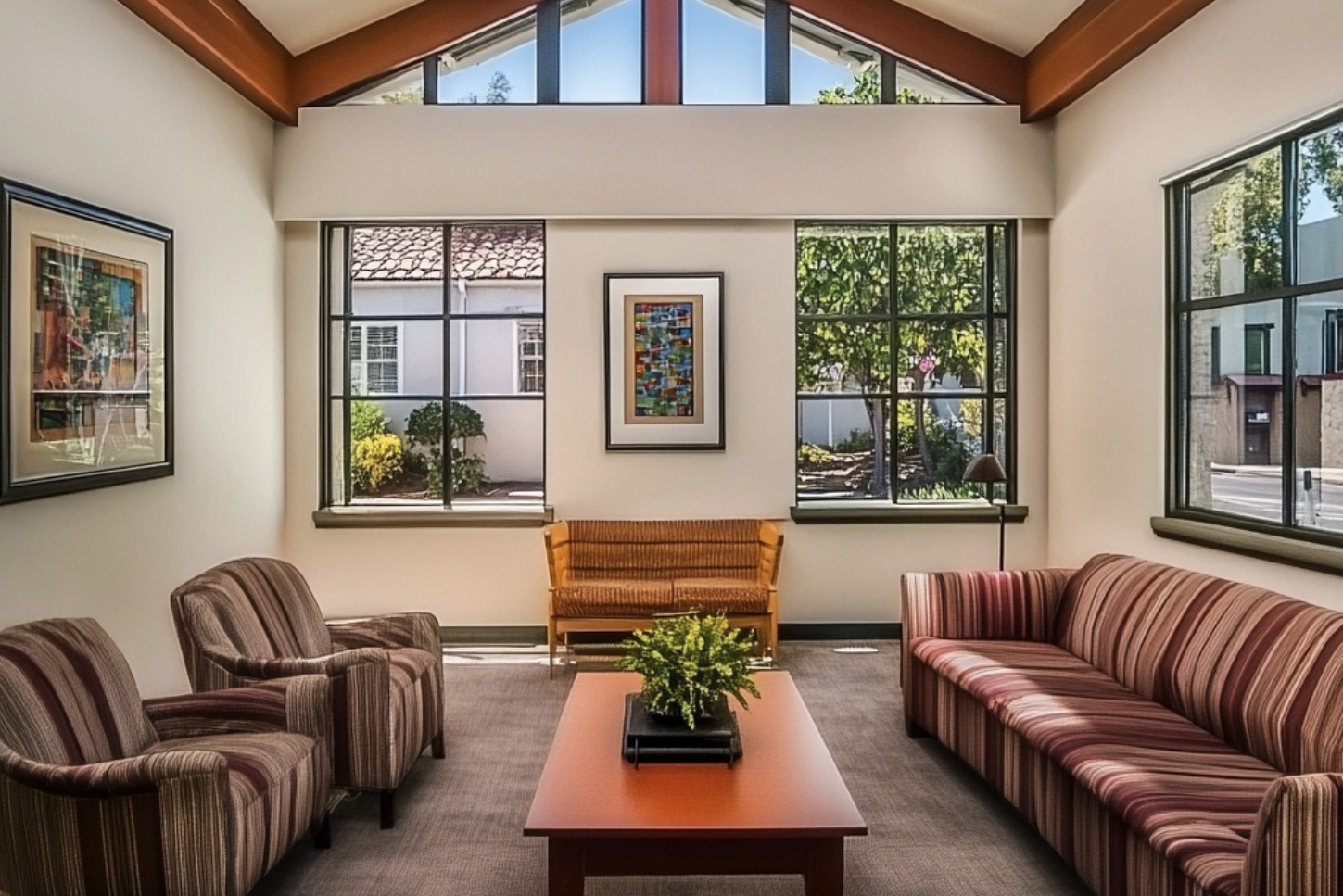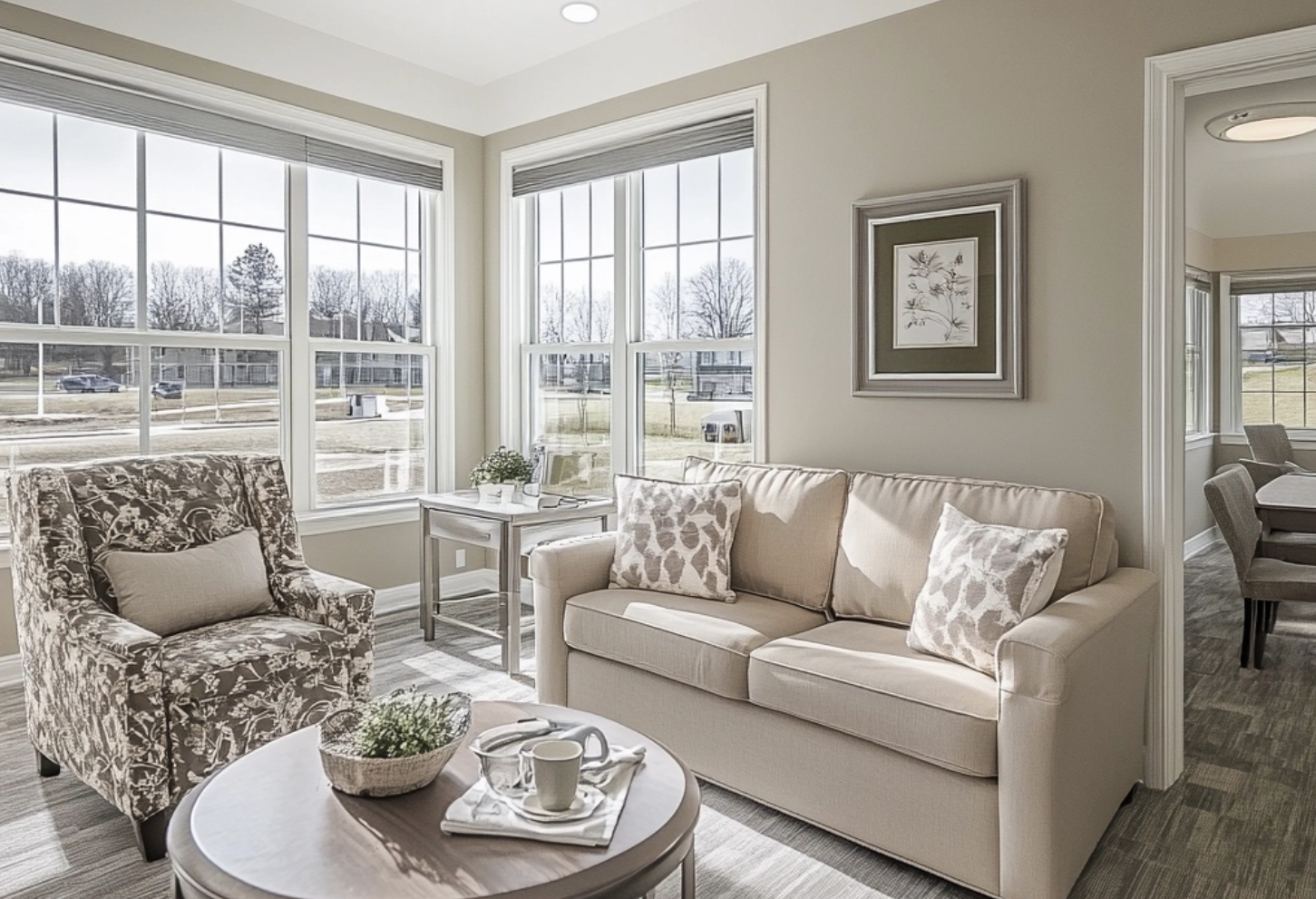According to America’s Health Rankings, about 16.5% of the United States population is above 65. Over 54 million older adults live in the United States. Senior citizens are more vulnerable to developing chronic health conditions, impacting their overall physical health and mental wellbeing.
Chronic conditions can deteriorate the quality of life for senior citizens, particularly for low-income families. For instance, most age-related changes, such as a decline in vision and hearing, muscle weakness, hypertension, and weakened immune system, are common among older adults.
According to the National Council of Aging, chronic kidney disease, arthritis, osteoporosis, dementia, Parkinson’s, Alzheimer’s, obstructive pulmonary disease, stroke, heart disease, diabetes, and cancer, are life-threatening disorders that can take a massive toll on older adults.
Senior citizens have a poor quality of life and need assistance from their loved ones/family members, or professional caregivers to streamline their day-to-day life. The question is: when is it time for assisted living? Today’s article will answer this question by discussing the reasons for seeking assisted living, whether a nursing home, center or homecare.
Declining Health Conditions
As you age, you are more likely to suffer from declining health and may experience conditions like high blood pressure, diabetes, and cardiovascular diseases. According to AARP, over 70% million people in the United States above 50 suffer from at least one chronic condition.
Senior citizens find it challenging to manage their health conditions. For instance, it is daunting to travel to the doctor’s office, take appropriate medications, and maintain a healthy dietary routine. Assisted living takes the pressure off your elderly loved ones and helps them manage their condition.
The primary objective of assisted living, including a nursing home or home caregiving, is to improve your loved one’s quality of life. According to the World Health Organization, some older adults are prone to cataracts, hearing loss, neck and back pain, refractive errors, dementia, stress, depression, and anxiety.
Likewise, older people are more likely to fall due to limited range of motion, poor posture, muscle weakness, and deteriorated skeletal structures, including joints, tendons, ligaments, etc. Aging Care reports that older people can suffer from loss of consciousness, low blood pressure or hypotension, heart disease, dizziness, and dementia.
Managing these conditions is one of the most challenging tasks for older people and their family members, especially in today’s fast-paced world, where everyone does not have enough time to spend with their loved ones.
The professional staff at a nursing home or a home caregiver inspects the environment regularly, evaluates the day-to-day tasks of your elderly loved one, assesses the nutritional or dietary regimens, and interacts with the senior to collect feedback.
The purpose is to analyze the collected feedback and generate valuable insights. Caregivers use these insights to make informed decisions and develop a tailored plan for their elderly loved ones based on their specific needs. A caregiver:
- Promotes safety
- Prevents falls
- Checks for uneven surfaces
- Checks for slippery surfaces
- Removes loose rugs
- Improves lighting conditions
- Removes clutter from the indoor space
- Develops a dietary plan with
- Veggies
- Fruits
- Lean meat/protein
- Interacts with your loved one and encourages them to
- Participate in daily activities
- Spend time outdoors
- Socialize with friends
- Assist in daily activities of living, including
- Bathing
- Grooming
- Dressing
- Ambulating
- Eating
- Toilet visits
- Hygiene maintenance
Inability to Manage Finances
Dementia is among the most common conditions in older adults, particularly those above 65. It is an umbrella term that describes symptoms, such as problems with memory, judgment, reasoning, language, and thinking skills. Although dementia has no treatment, proper support and symptom management can control the condition.
Remember, dementia can worsen over time and impair your elderly loved one’s ability to remember things, relationships, social interactions, and financial management. Age-related memory loss can lead to confusion, preventing your loved one from accurately performing money management.
For example, if you notice your mother/father fails to pay bills on time or does not stick to the budget, it indicates they may have symptoms of dementia or memory loss. In that case, hiring a home caregiver or seeking help from a nursing home becomes essential.
Limited Selfcare
If your elderly loved one can’t maintain their living space, take a shower, or complete daily tasks, you can consider assisted living. Many family members pledge to care for their loved ones.
However, they don’t have enough time to provide appropriate care. Likewise, most family members do not understand how demanding assisted living is, especially when they have their own families/children to care for daily.
“Assisted living facilities” have professional and qualified caregivers with years of experience and extensive training to help with all activities of daily living (ADLs), including bathing, dressing, grooming, eating, etc.
Lack of Socialization
The National Institute on Aging conducted a research study and found that about 17% of older adults above 65 experience a lack of socialization, loneliness, disability, and mental conditions.
A lack of socialization can take a massive toll on a person’s mental health and cause chronic conditions like mood disorders, stress, separation anxiety, and depression. Isolation or loneliness can lead to cognitive decline, major depressive disorders, and increased mortality.
If your elderly loved one feels isolated or lacks interest in socializing with others, it is time to consider assisted living. Planned activities, one-on-one interactions, and social dining areas are daily occurrences at assisted living facilities:
Final Words
Old age can wreak havoc on your loved ones, preventing them from improving their quality of life. If you notice any signs or situations, make sure to hire an assisted living or home caregiving service on time. Contact us today for more information.












